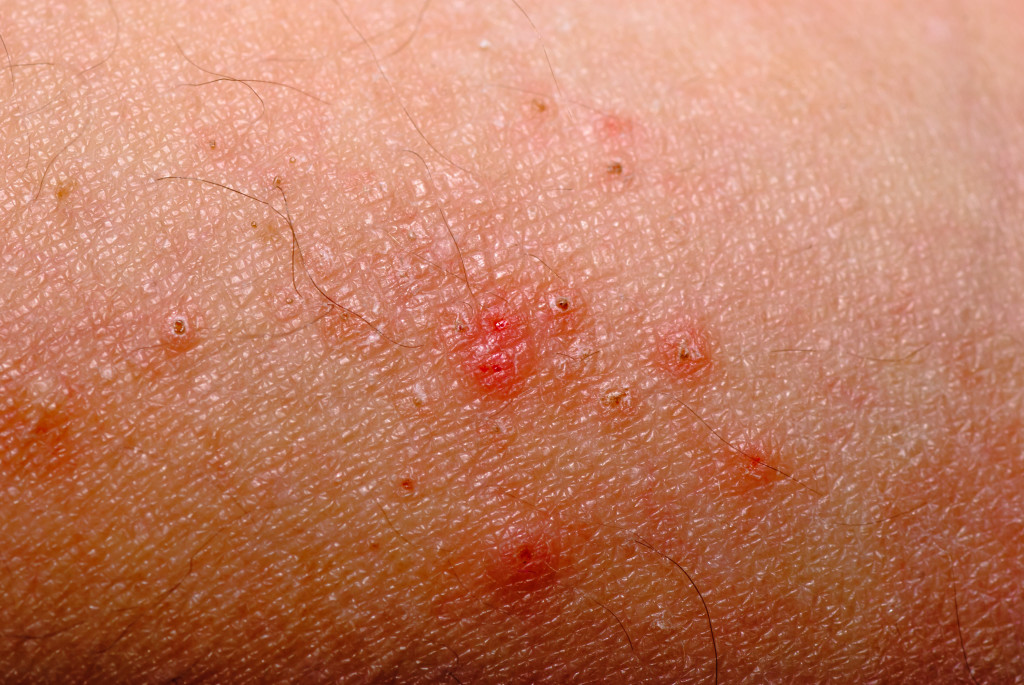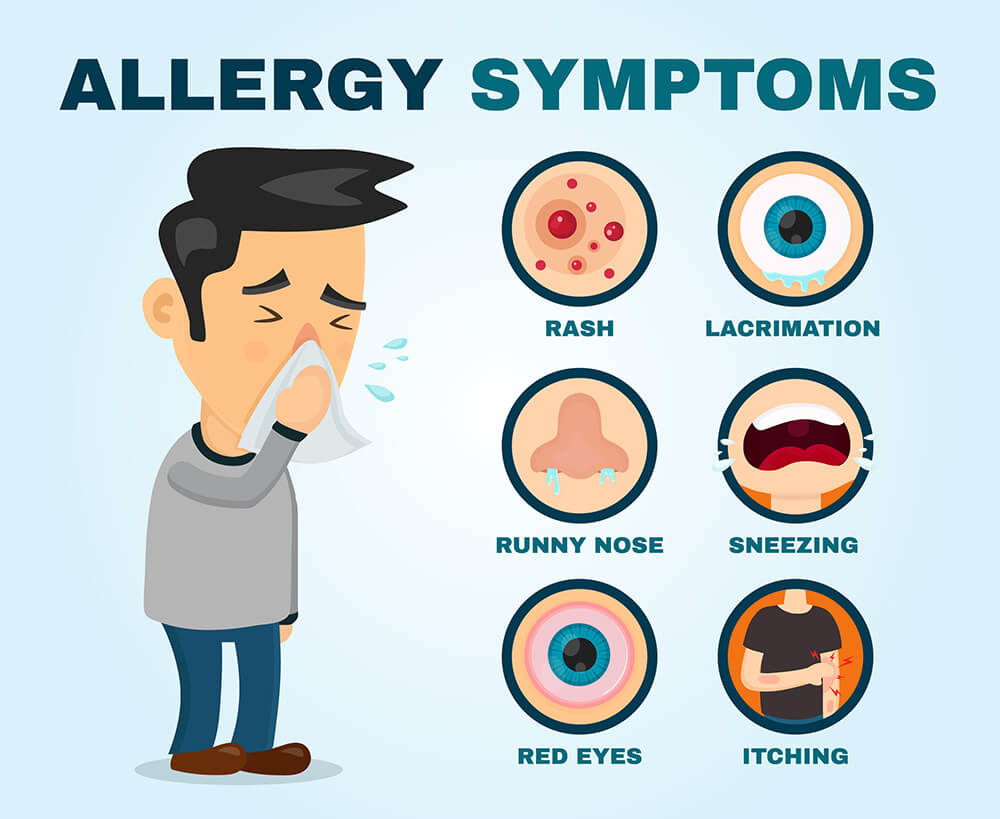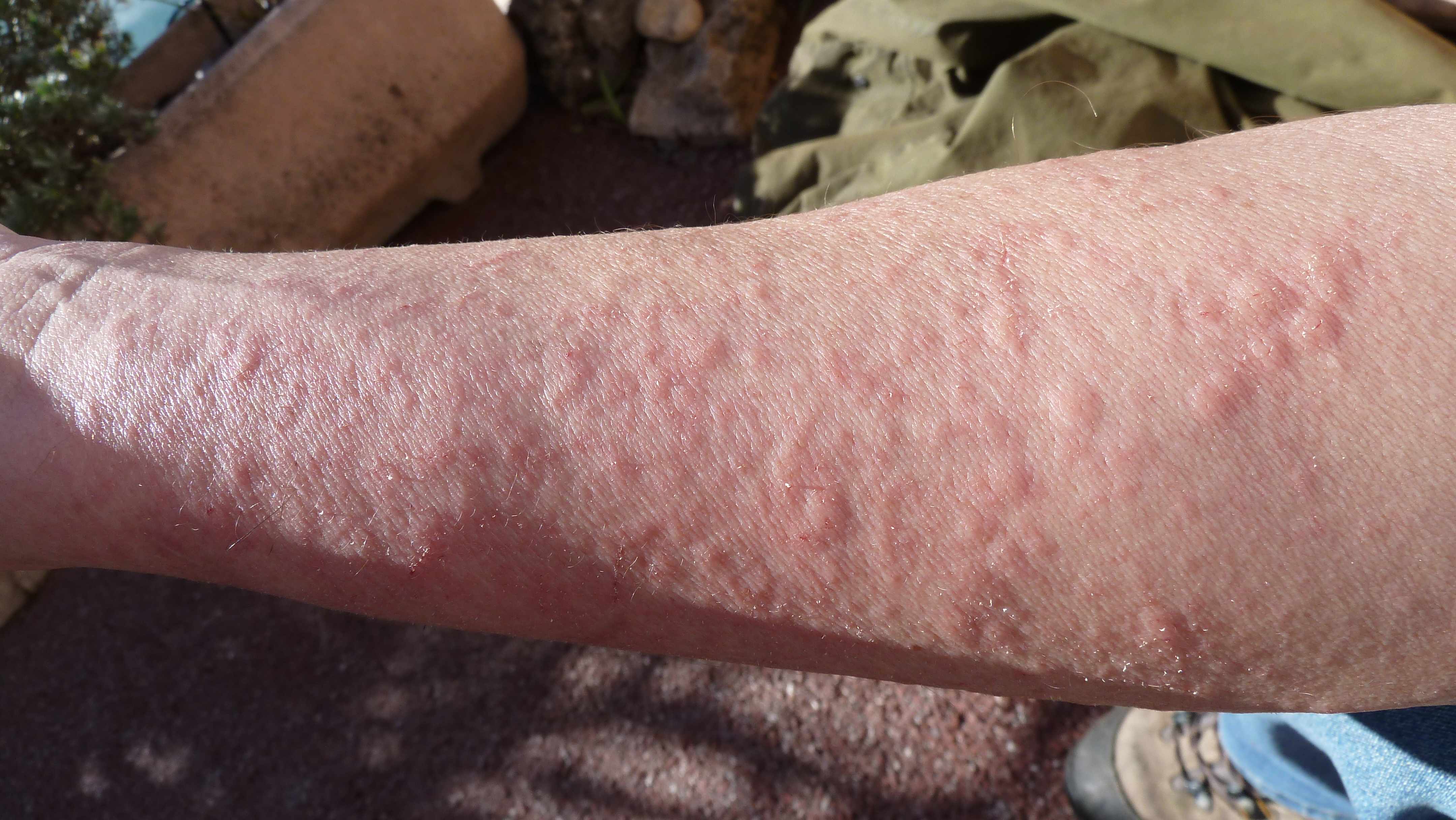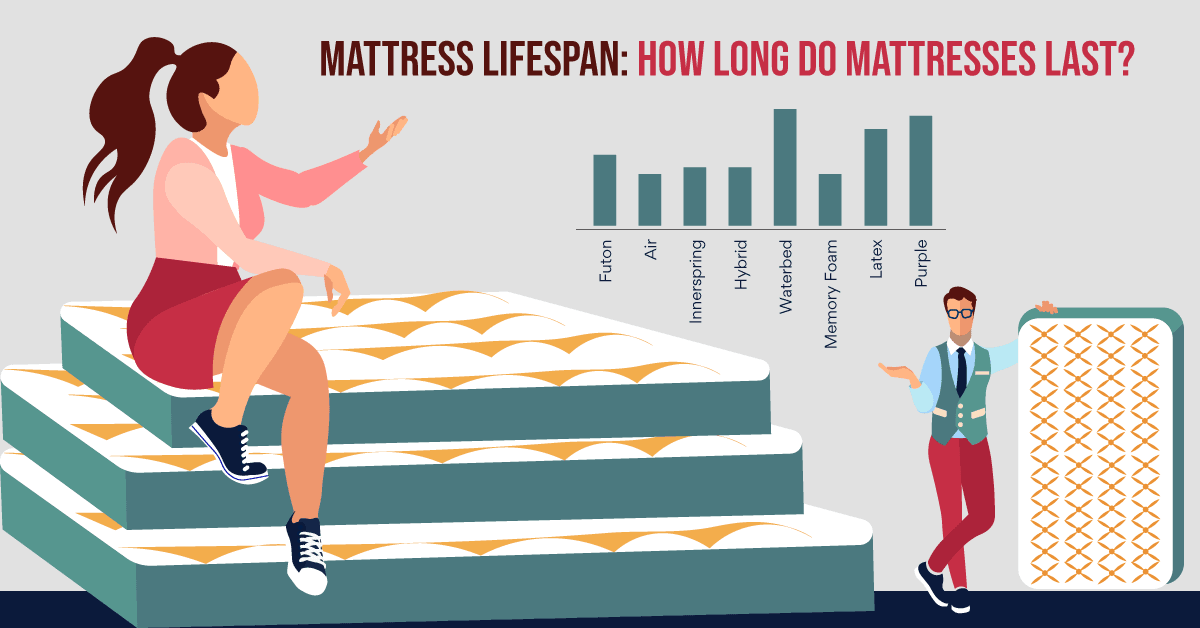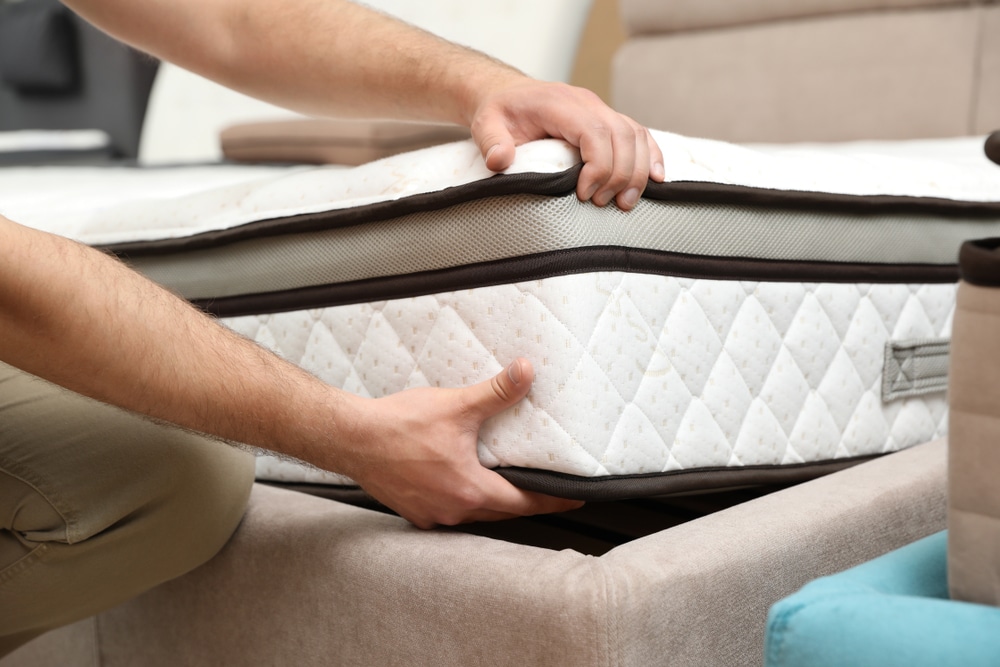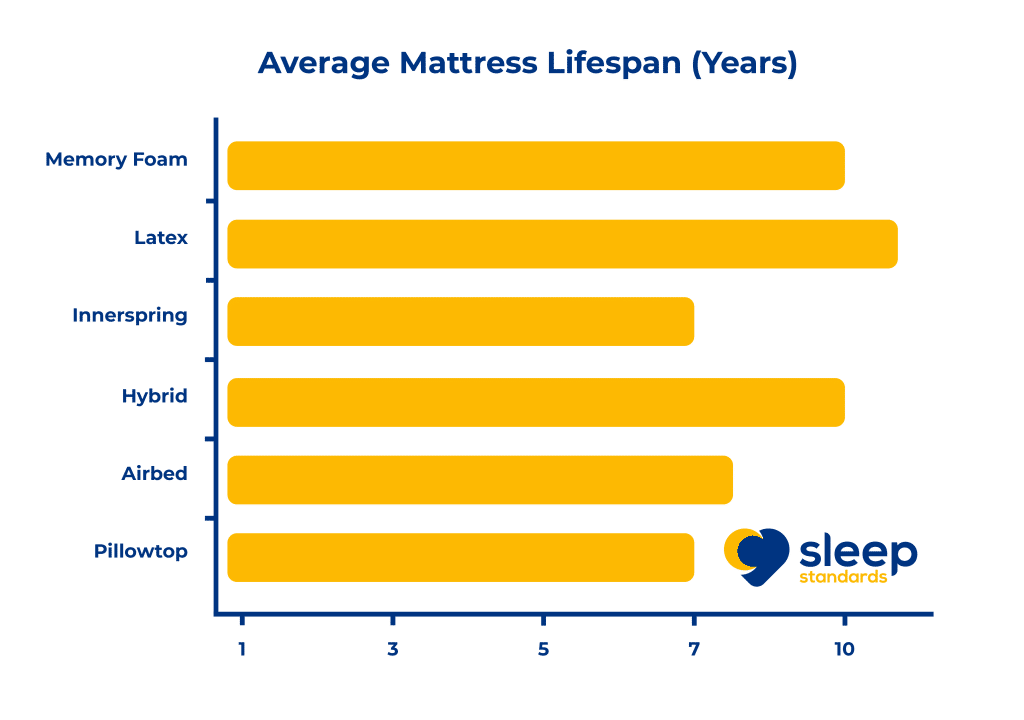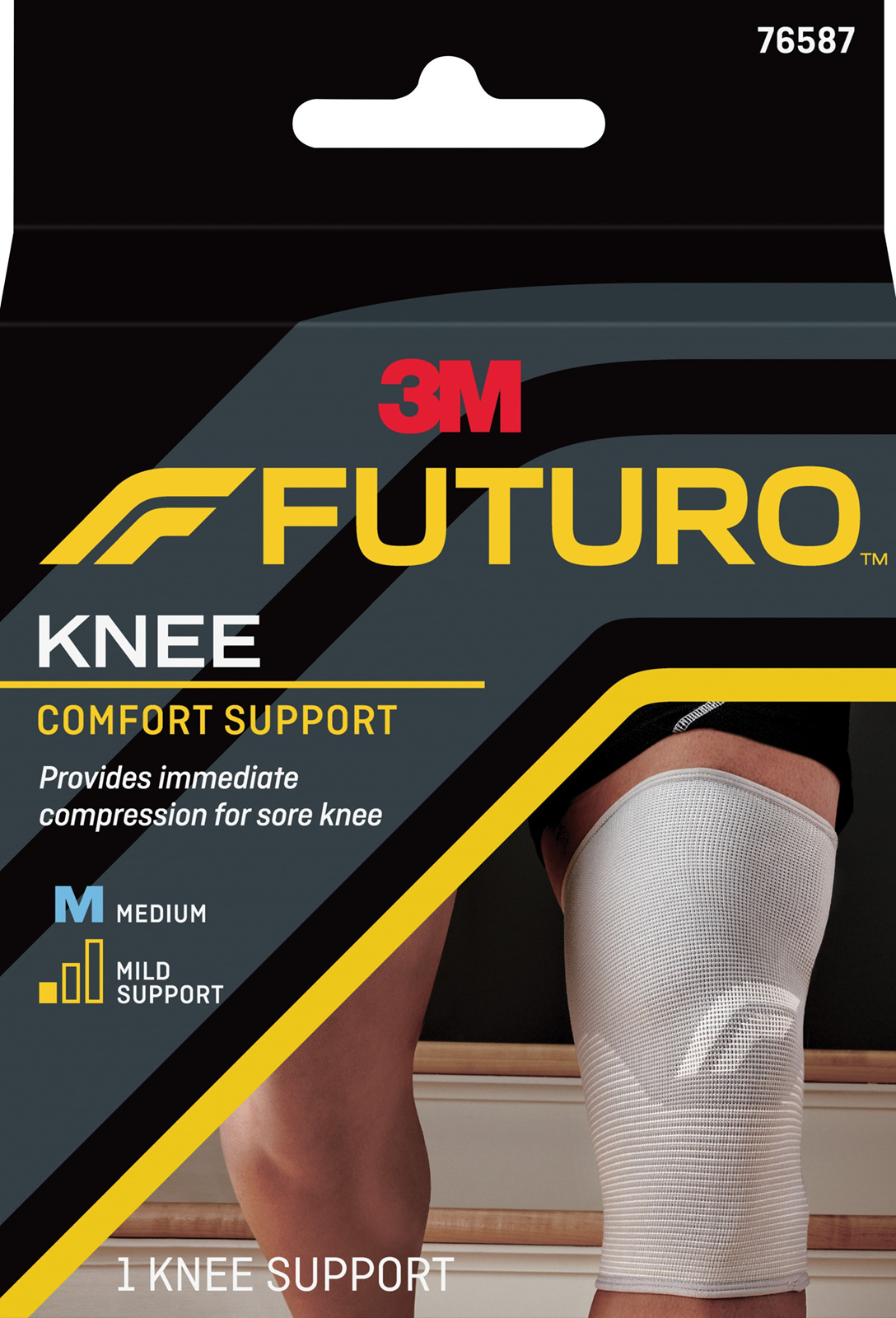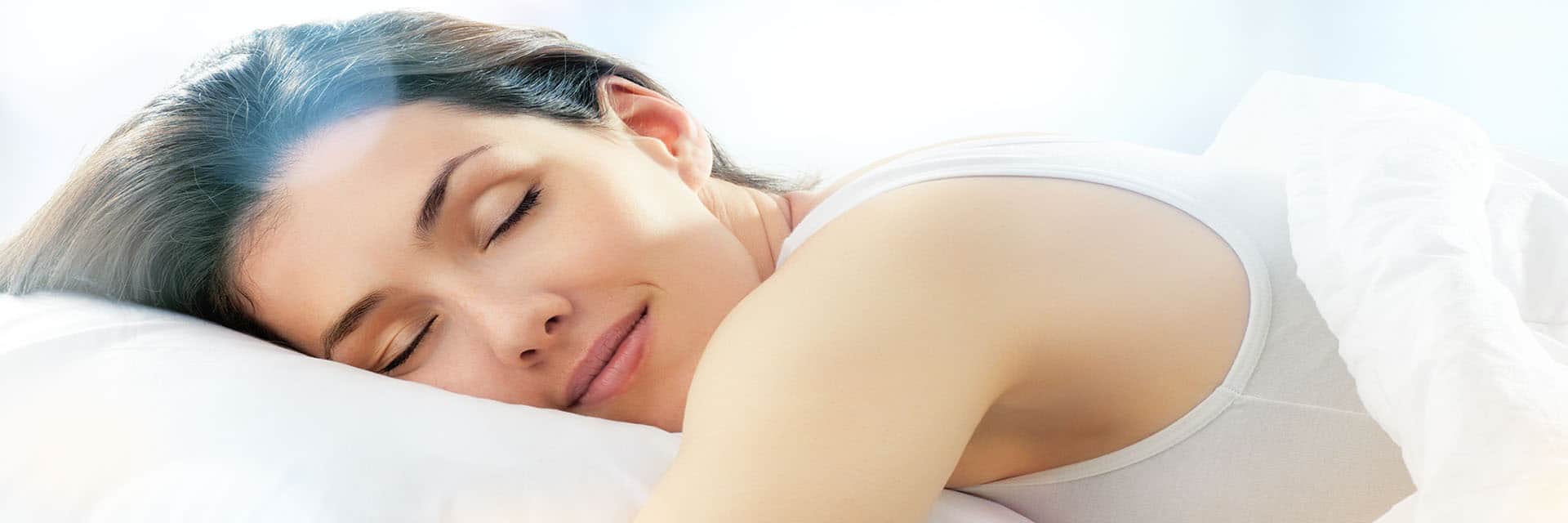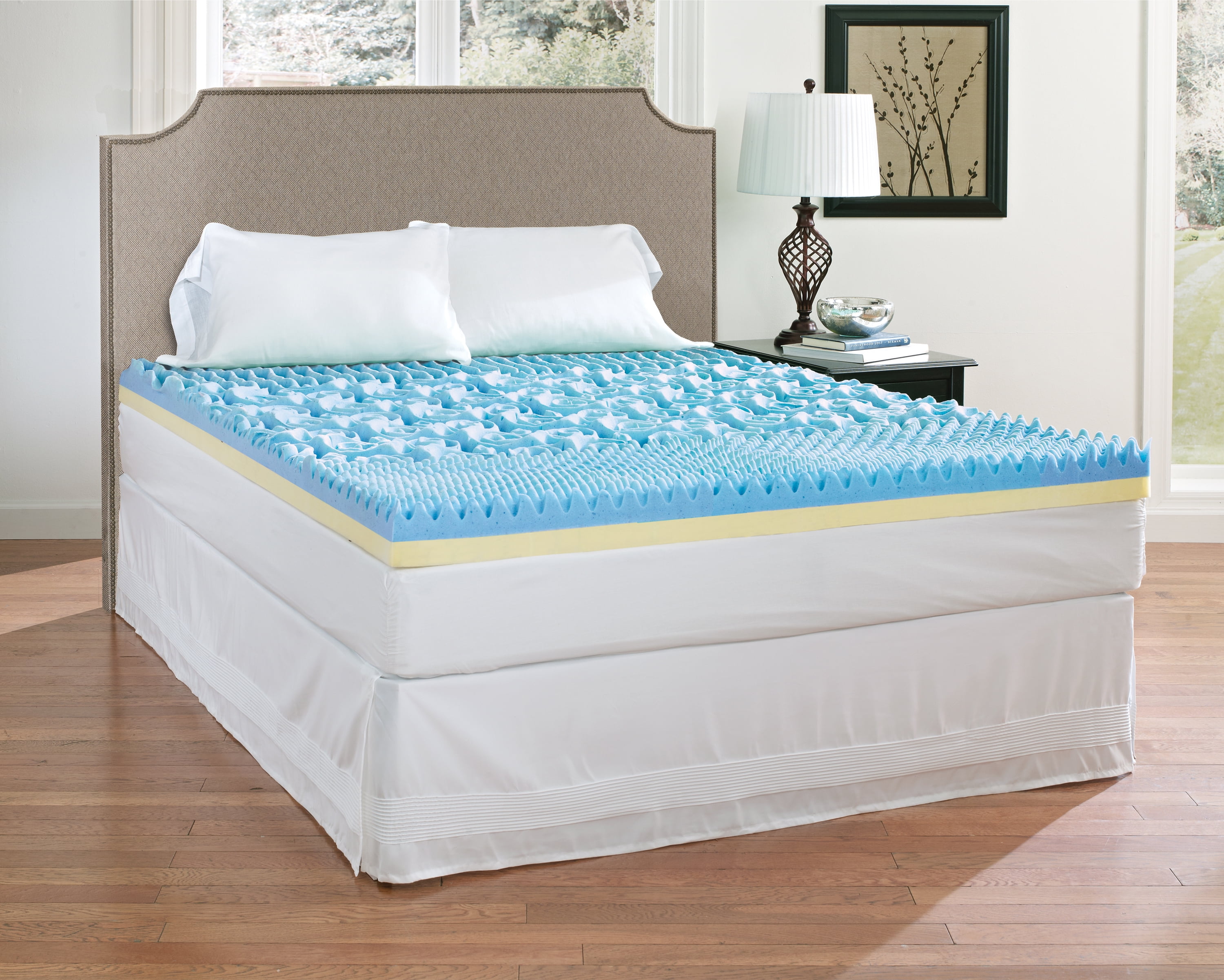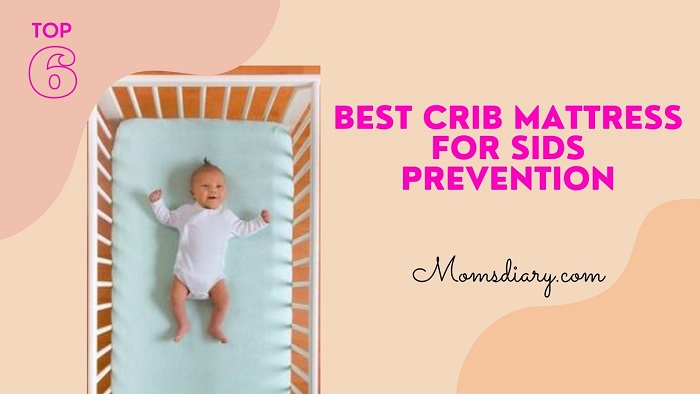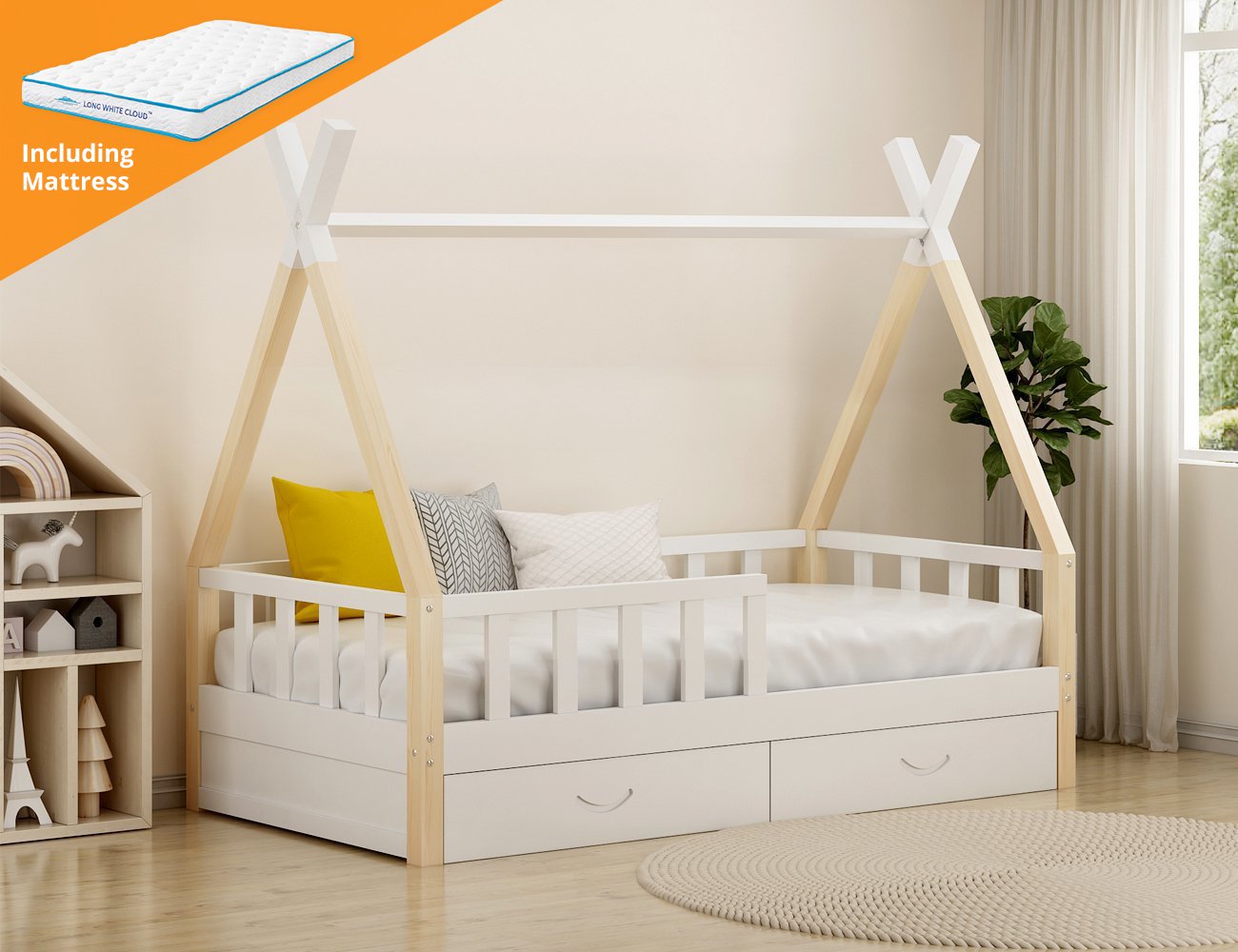Uncomfortable Sleeping Experience
Sleeping with a mattress protector can often lead to an uncomfortable sleeping experience. The added layer of material can make the surface of the mattress feel lumpy and uneven, causing a restless night of tossing and turning. The lack of support from the protector can also lead to back pain and discomfort. Instead of a good night's sleep, you may wake up feeling more tired and achy than before.
Disruptive Sleep
Another downside of using a mattress protector is that it can disrupt your sleep. The constant movement of the protector can create a rustling sound that can be annoying and disturb your rest. This is especially true for restless sleepers who shift positions frequently throughout the night. The noise from the protector can be frustrating and prevent you from getting the quality sleep you need.
Noisy Mattress Protector
As mentioned before, the noise from a mattress protector can be a major annoyance. It not only disrupts your sleep, but it can also be heard by your partner, causing them to lose sleep as well. This can lead to arguments and tension in the relationship. Nobody wants to deal with a noisy mattress protector and the potential consequences it can have on their sleep and personal life.
Hot and Sweaty Nights
One of the most uncomfortable things about sleeping with a mattress protector is the heat . The added layer of material can trap body heat, making you feel hot and sweaty throughout the night. This can be especially problematic for those who are prone to night sweats or live in a warm climate. Instead of a cool and comfortable night's sleep, you may end up tossing and turning in a pool of sweat.
Unpleasant Odor
Another issue with mattress protectors is the unpleasant odor they can produce. Over time, sweat, dead skin cells, and other debris can build up on the protector and create a musty smell. Even with regular washing, some protectors can retain this odor, making it unpleasant to sleep on. This can not only affect your sleep, but it can also make your bedroom smell less than desirable.
Difficult to Clean
Cleaning a mattress protector can be a hassle and time-consuming. Unlike a regular sheet, you can't just throw it in the washing machine and be done with it. Some protectors require special care instructions, such as being washed on a delicate cycle or air-dried, which can be inconvenient and time-consuming. This can also become a problem if you need to clean the protector frequently due to spills or accidents.
Slippery Surface
Another issue with mattress protectors is that they can create a slippery surface on your bed. This can be frustrating if you tend to move around a lot in your sleep. The protector can shift and slide, making it difficult to find a comfortable position. This can also be a problem for couples who share a bed, as one person's movement can affect the other's sleep. A slippery surface can also make it difficult to get in and out of bed, causing potential safety hazards.
Allergies and Irritation
If you suffer from allergies or have sensitive skin, using a mattress protector may not be the best idea. The added layer of material can trap dust mites , pet dander , and other allergens, causing irritation and discomfort. Even with regular washing, these allergens can still be present and affect your sleep and overall health. This can be a major concern for those with respiratory issues or skin conditions.
Decreased Mattress Lifespan
While a mattress protector is intended to protect your mattress, it can actually decrease its lifespan. The added layer of material can create friction between the protector and the mattress, causing wear and tear over time. This can lead to a shorter lifespan for your mattress, which can be an expensive investment to replace. Instead of protecting your mattress, the protector may actually be causing more harm than good.
Limited Comfort and Support
Lastly, a mattress protector can limit the comfort and support of your mattress. Many protectors are made with a thin layer of material, which may not provide the same level of support as your mattress. This can be problematic for those who rely on their mattress for proper spinal alignment and pressure relief. The lack of support can also lead to sagging and indentations in your mattress, making it even more uncomfortable to sleep on.
In conclusion, while the idea of using a mattress protector may seem like a good one, the reality is that it can often suck. From an uncomfortable sleeping experience to disruptive sleep and limited comfort and support, there are many reasons why sleeping with a mattress protector may not be the best choice. Instead of dealing with these issues, consider investing in a high-quality mattress that is designed to provide you with a comfortable and supportive sleep experience without the need for a protector.
The Importance of a Mattress Protector in House Design

The Downsides of Not Using a Mattress Protector
 When it comes to house design, there are many aspects that need to be carefully considered in order to create a comfortable and functional space. One often overlooked aspect is the use of a mattress protector. Many people may think that a mattress protector is an unnecessary expense and opt to not use one. However, the truth is that sleeping with a
mattress protector
actually has many benefits and can greatly improve the overall quality of your sleep and the condition of your mattress.
One of the main reasons why people choose to not use a
mattress protector
is because they view it as an additional hassle in their already busy lives. They may think that it is just an extra step to put on and take off every time they change their sheets. However, the reality is that not using a
mattress protector
can actually create numerous problems in the long run.
Without a
mattress protector
, your mattress is exposed to sweat, dead skin cells, and other bodily fluids. Over time, this can lead to the growth of bacteria and mold, which can cause unpleasant odors and even allergies. In addition, stains from accidental spills can be difficult to remove and can permanently damage your mattress. These issues not only affect the cleanliness and comfort of your bed, but they can also decrease the lifespan of your mattress, resulting in the need for a costly replacement.
Moreover, not using a
mattress protector
can also compromise the structural integrity of your mattress. Mattresses are made to be used with a protector, and without one, the materials can become compressed and worn down more quickly. This can lead to uneven support and discomfort while sleeping, which can ultimately affect your overall health and well-being.
In conclusion, while it may seem like a
mattress protector
is just an added expense, it is actually an important investment in your house design. It not only protects your mattress from stains and damage, but it also helps maintain its cleanliness and extends its lifespan. So, the next time you're considering skipping a mattress protector, think about the potential consequences and make the smart choice for your house design and your sleep.
When it comes to house design, there are many aspects that need to be carefully considered in order to create a comfortable and functional space. One often overlooked aspect is the use of a mattress protector. Many people may think that a mattress protector is an unnecessary expense and opt to not use one. However, the truth is that sleeping with a
mattress protector
actually has many benefits and can greatly improve the overall quality of your sleep and the condition of your mattress.
One of the main reasons why people choose to not use a
mattress protector
is because they view it as an additional hassle in their already busy lives. They may think that it is just an extra step to put on and take off every time they change their sheets. However, the reality is that not using a
mattress protector
can actually create numerous problems in the long run.
Without a
mattress protector
, your mattress is exposed to sweat, dead skin cells, and other bodily fluids. Over time, this can lead to the growth of bacteria and mold, which can cause unpleasant odors and even allergies. In addition, stains from accidental spills can be difficult to remove and can permanently damage your mattress. These issues not only affect the cleanliness and comfort of your bed, but they can also decrease the lifespan of your mattress, resulting in the need for a costly replacement.
Moreover, not using a
mattress protector
can also compromise the structural integrity of your mattress. Mattresses are made to be used with a protector, and without one, the materials can become compressed and worn down more quickly. This can lead to uneven support and discomfort while sleeping, which can ultimately affect your overall health and well-being.
In conclusion, while it may seem like a
mattress protector
is just an added expense, it is actually an important investment in your house design. It not only protects your mattress from stains and damage, but it also helps maintain its cleanliness and extends its lifespan. So, the next time you're considering skipping a mattress protector, think about the potential consequences and make the smart choice for your house design and your sleep.







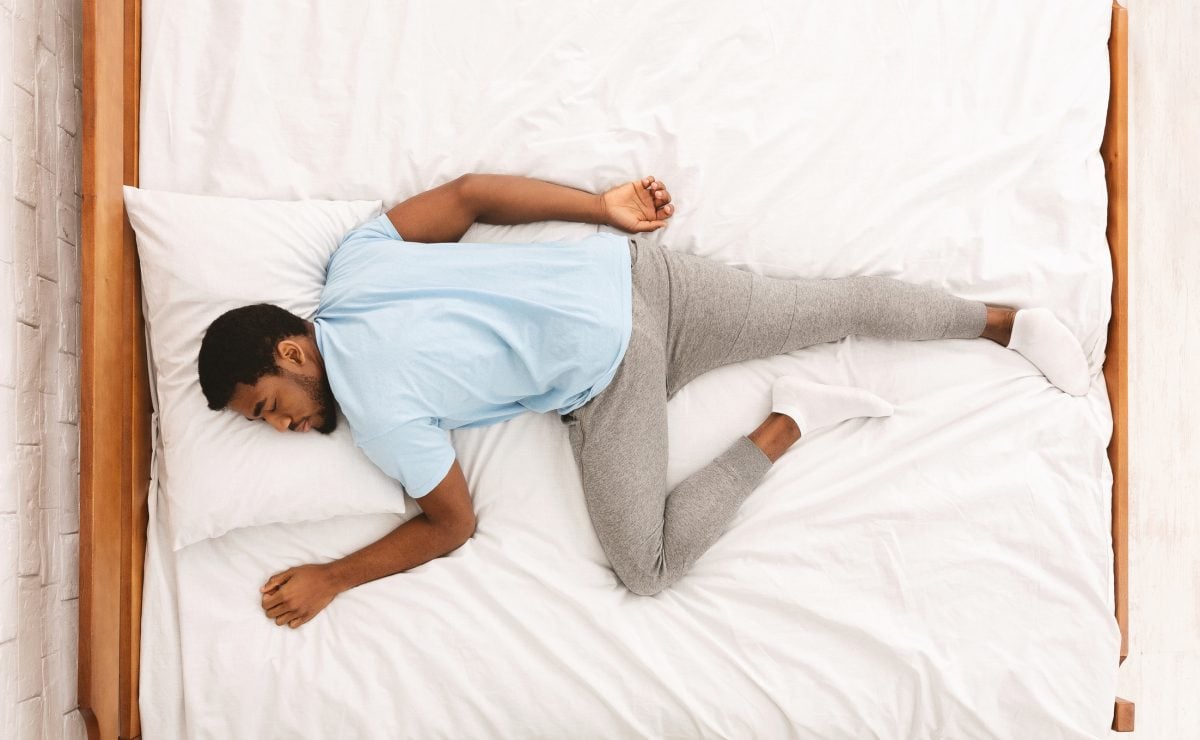
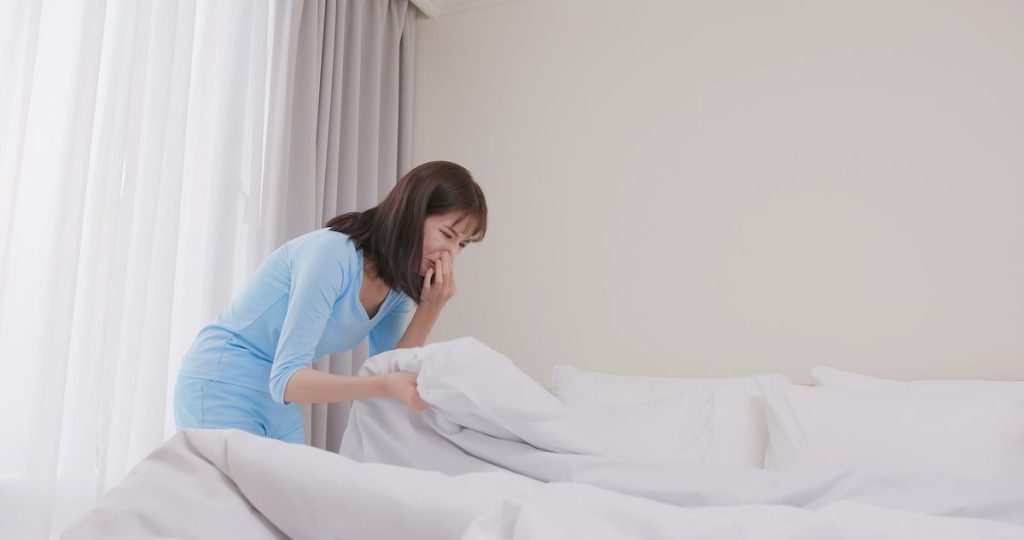





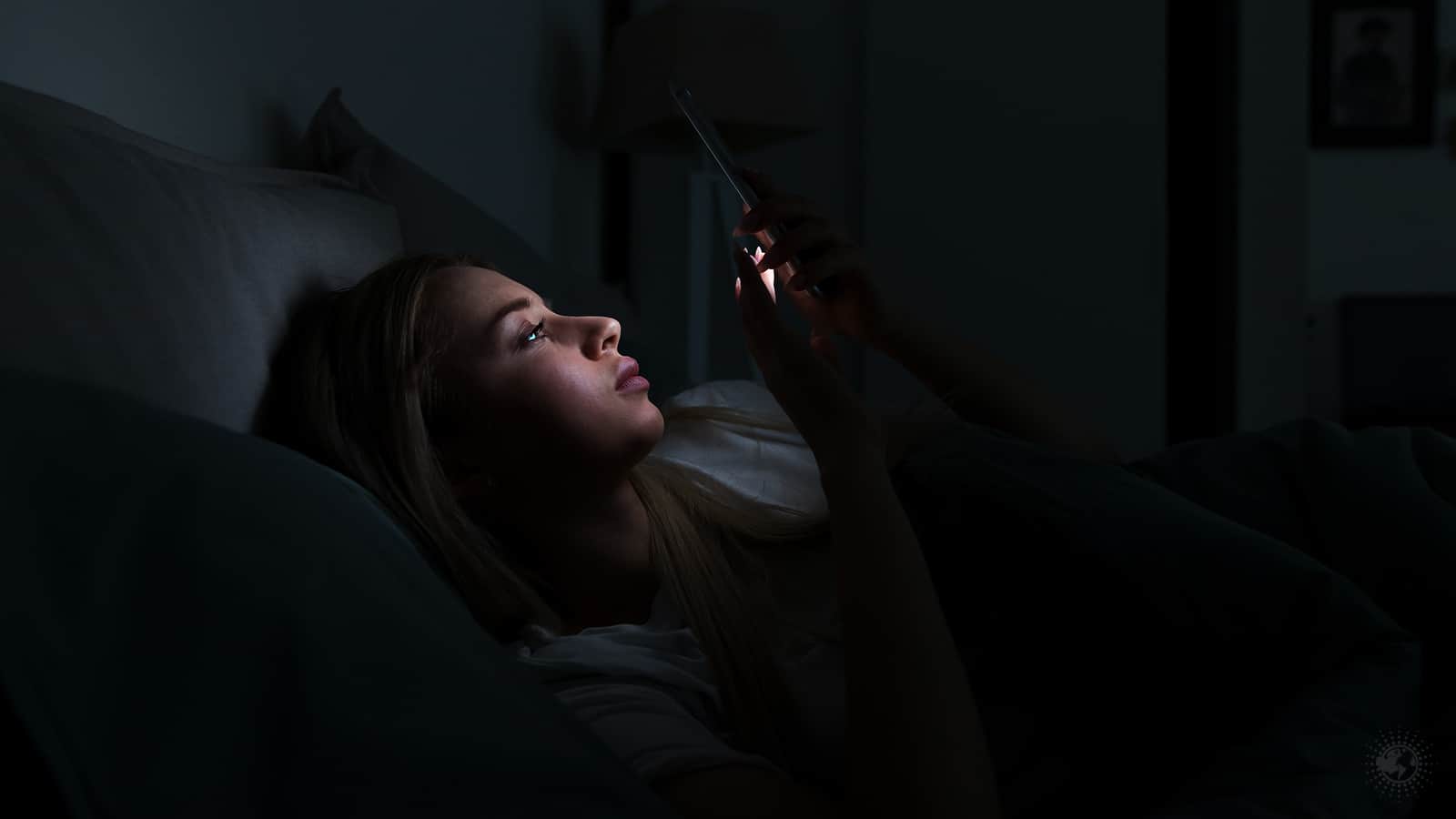








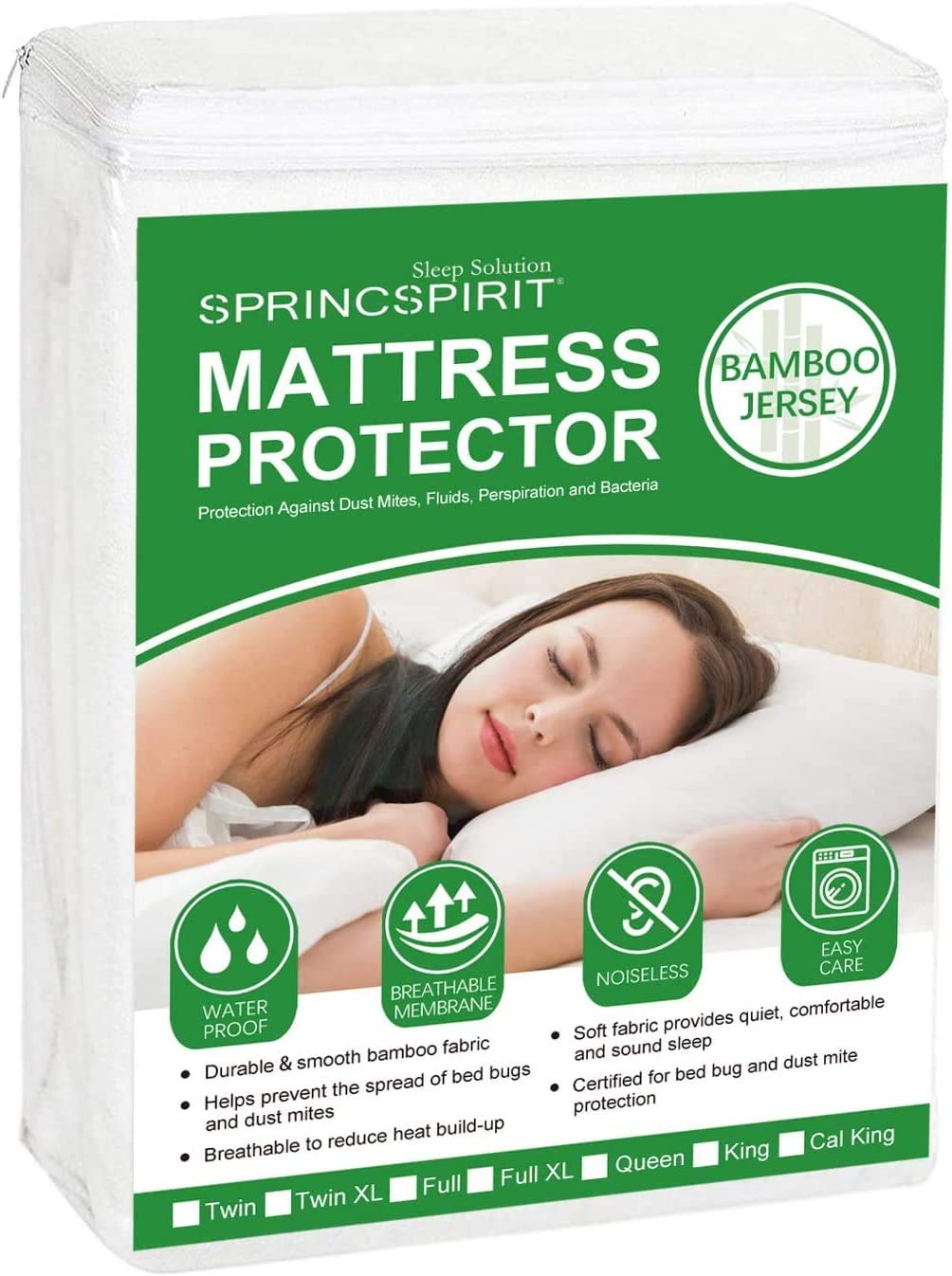


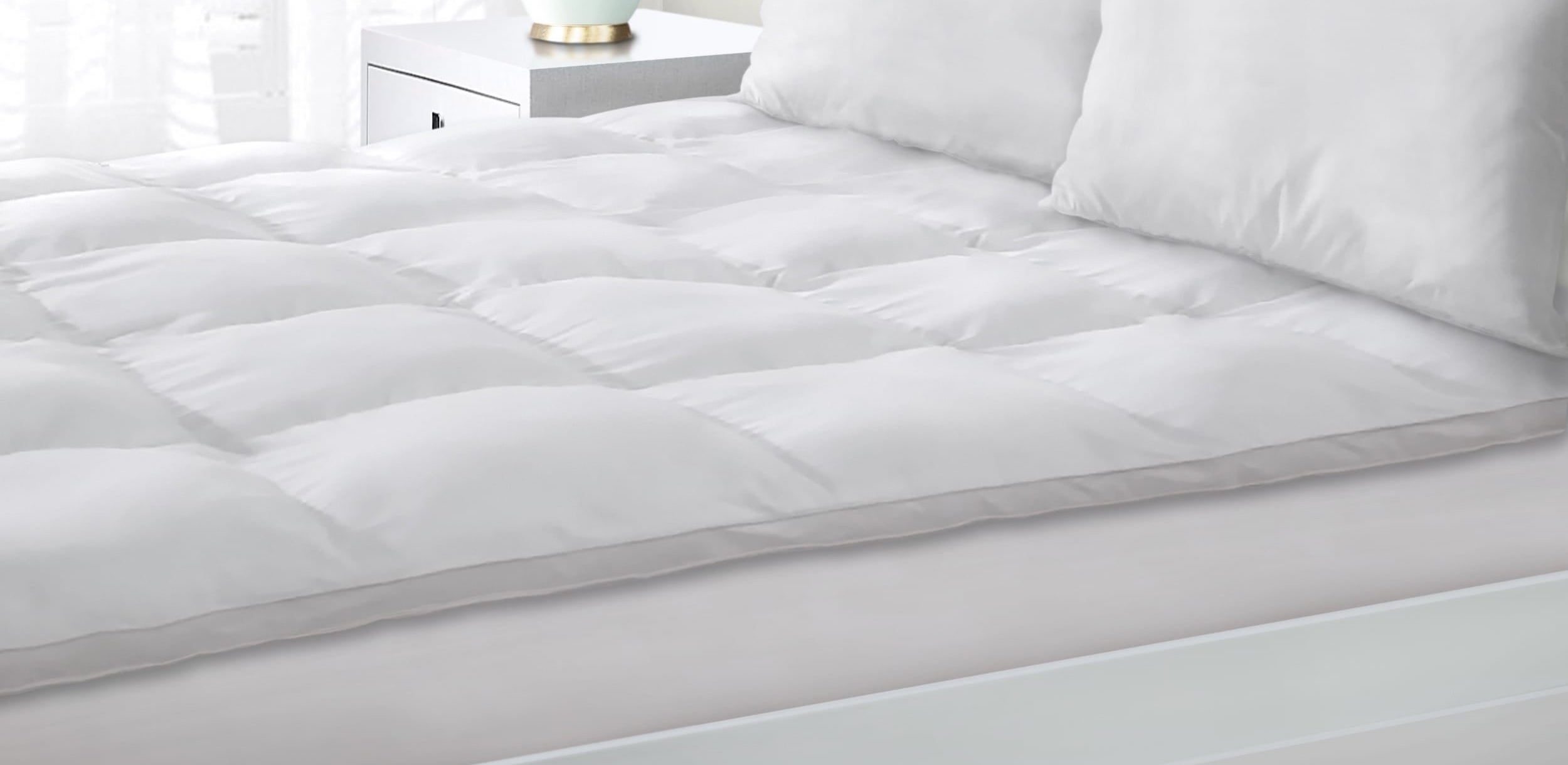

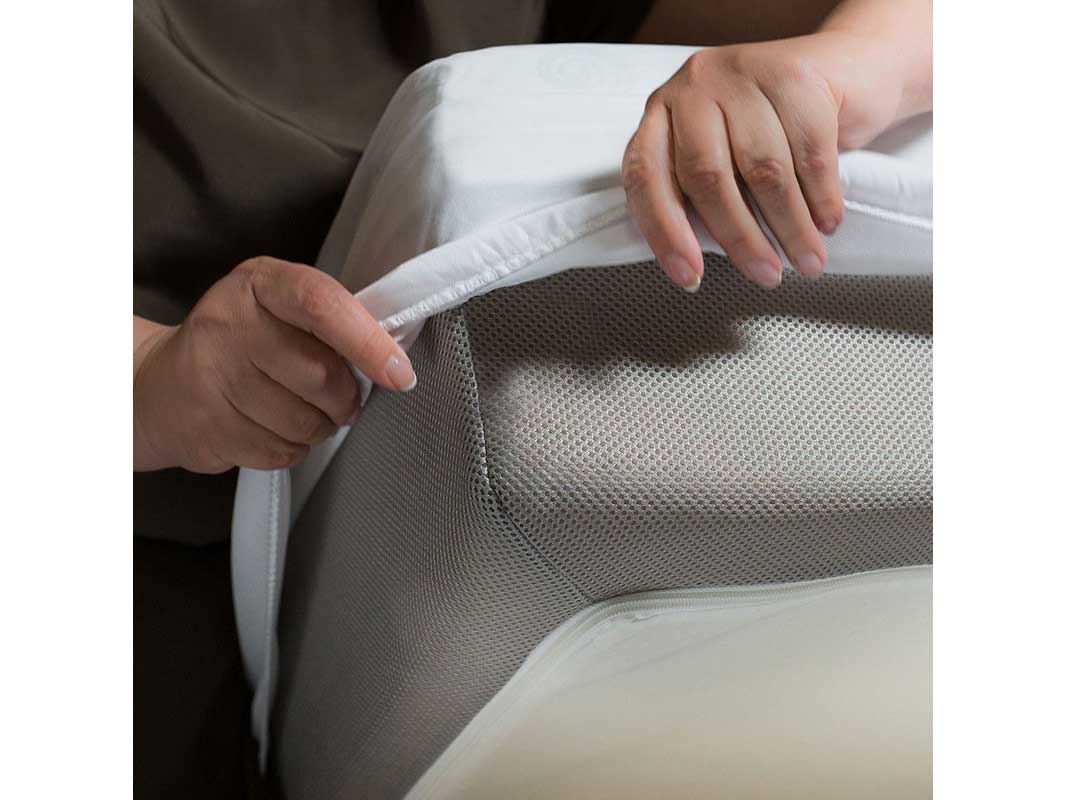

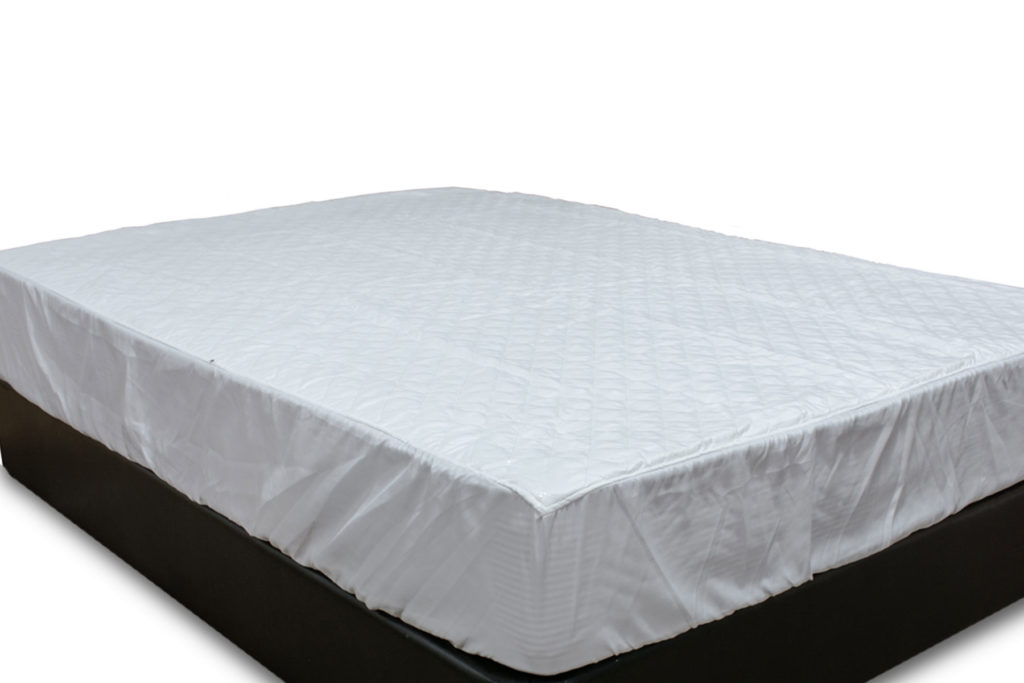
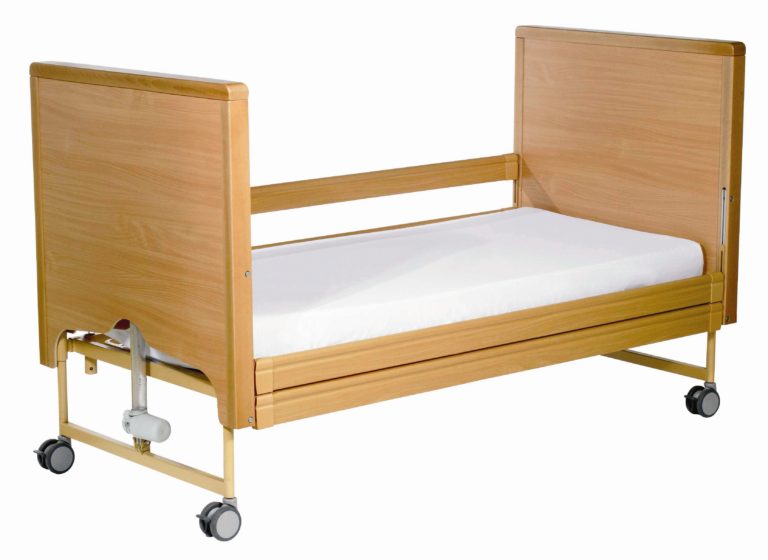





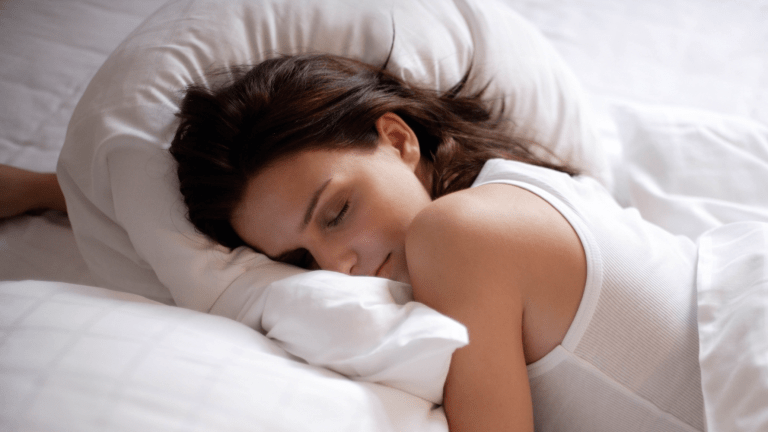
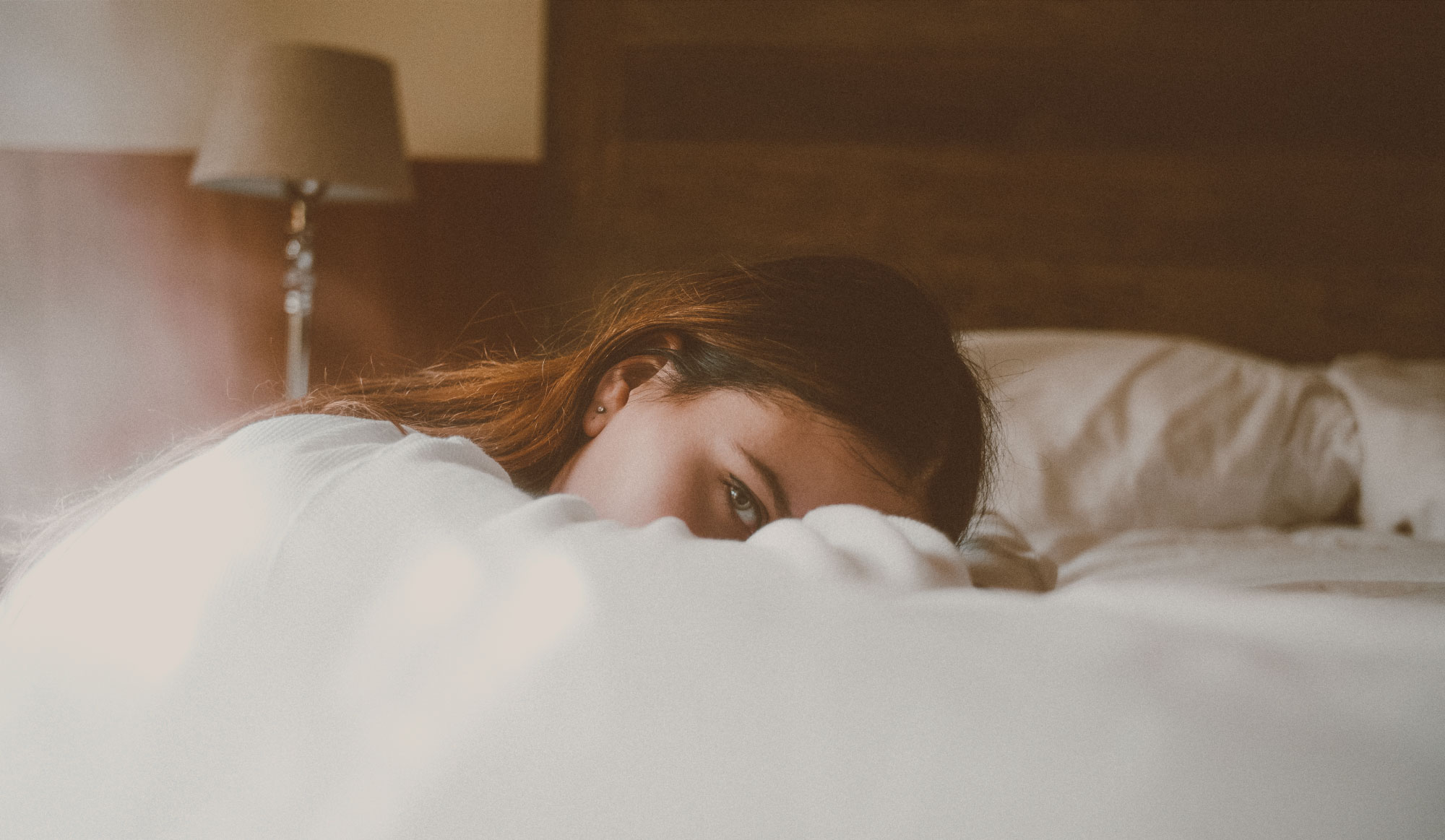




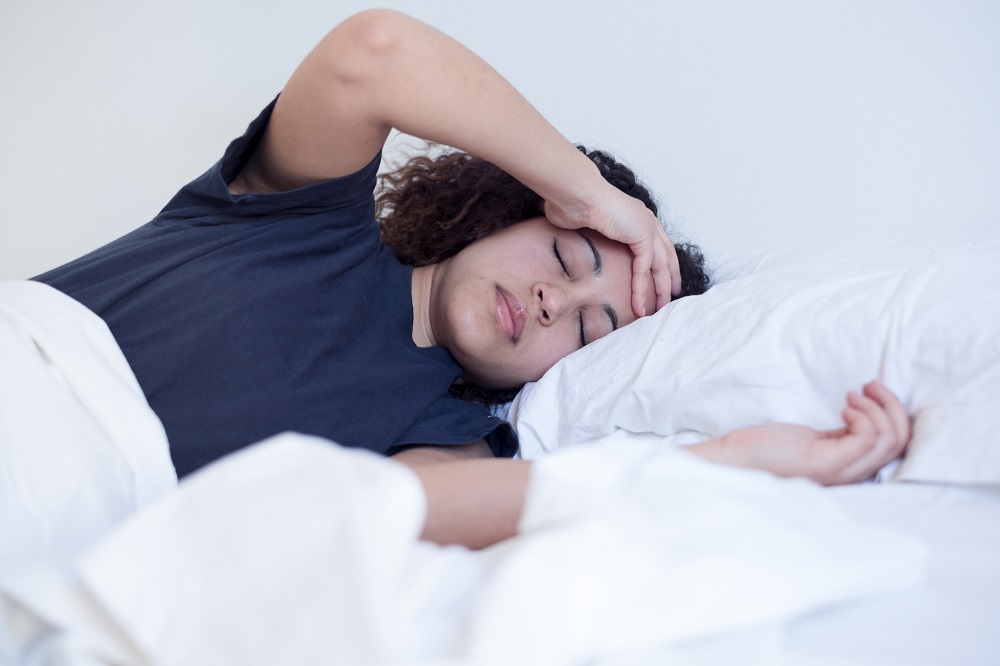



:max_bytes(150000):strip_icc()/GettyImages-85631861-567188c93df78ccc15df60b6.jpg)



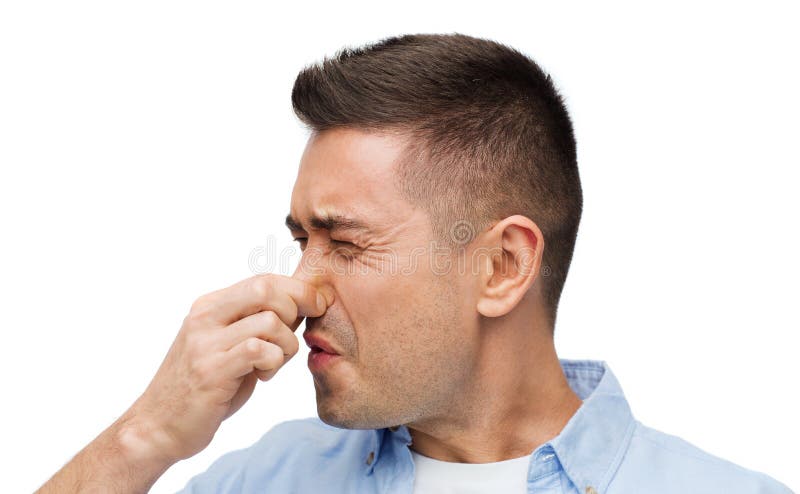



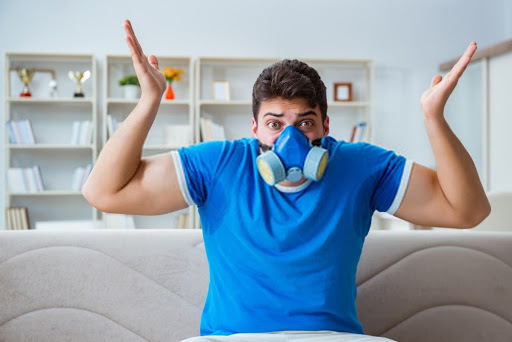



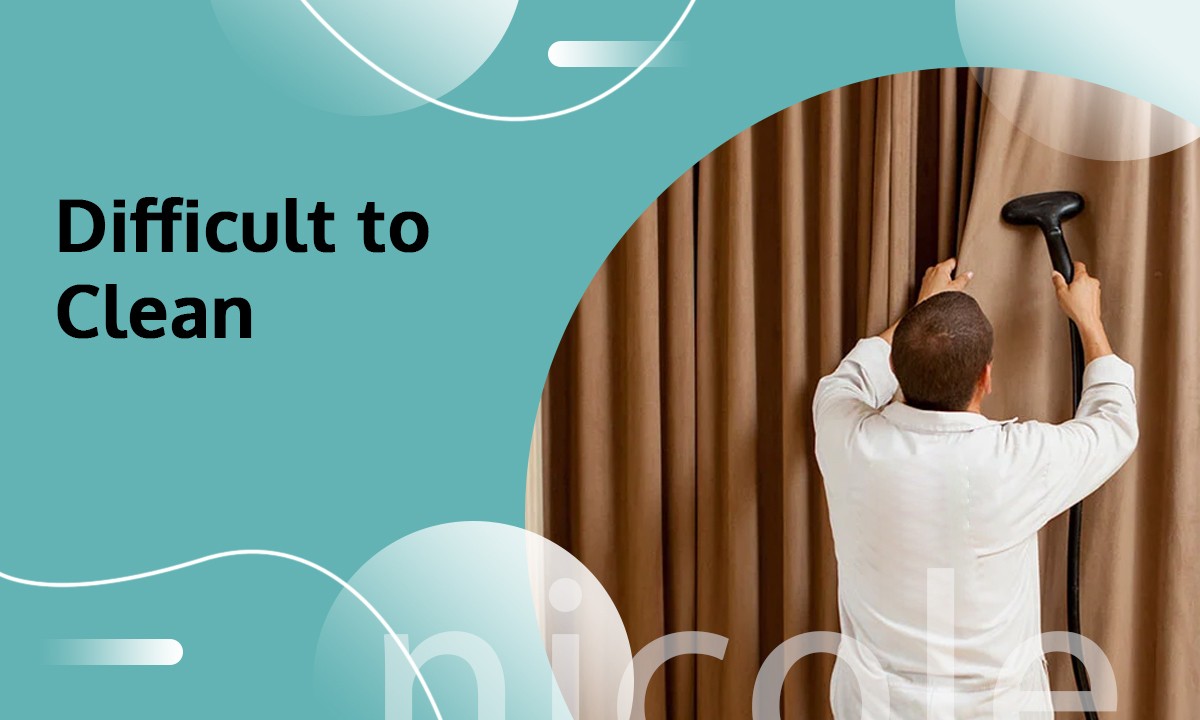
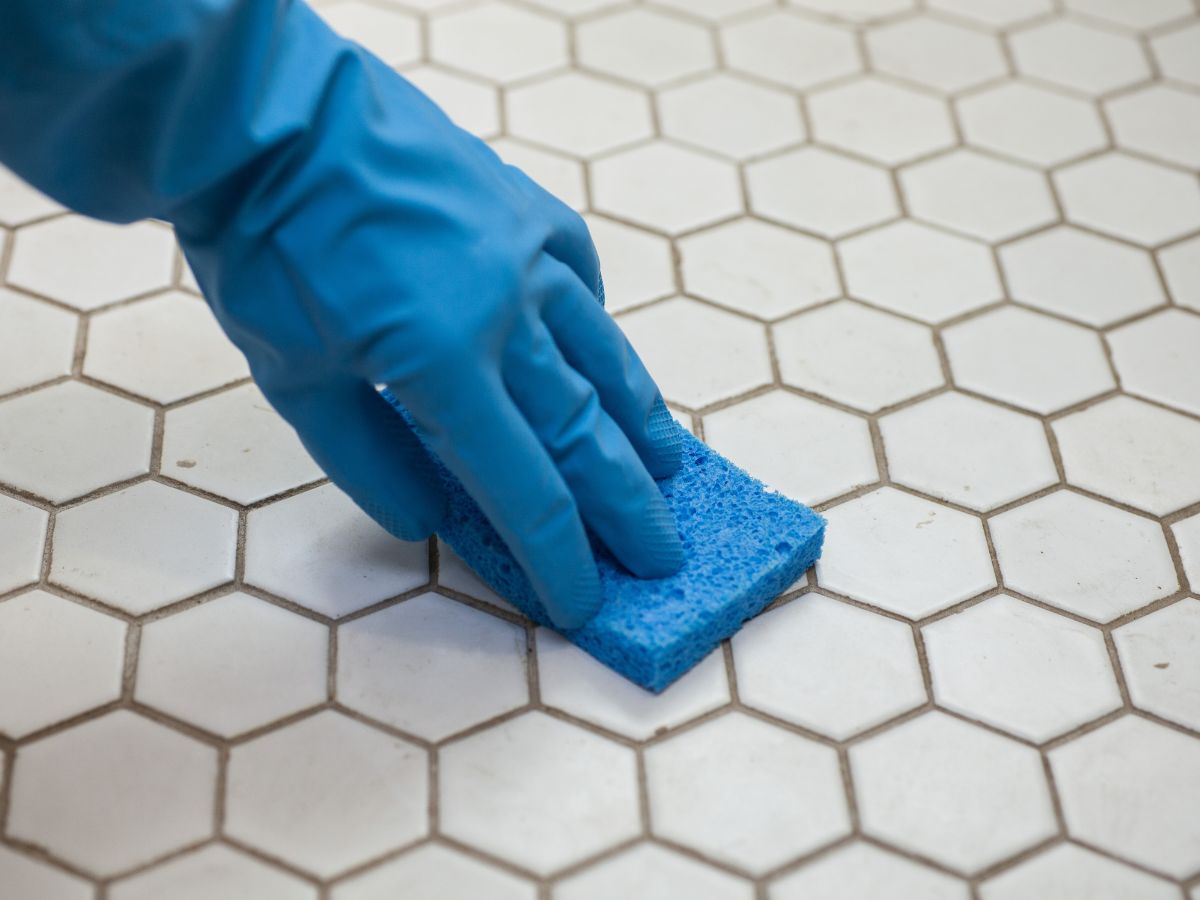






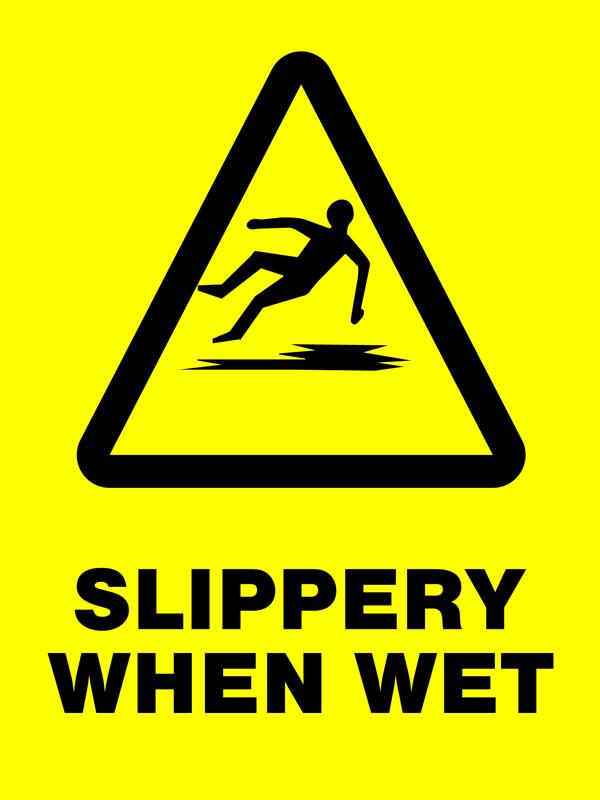
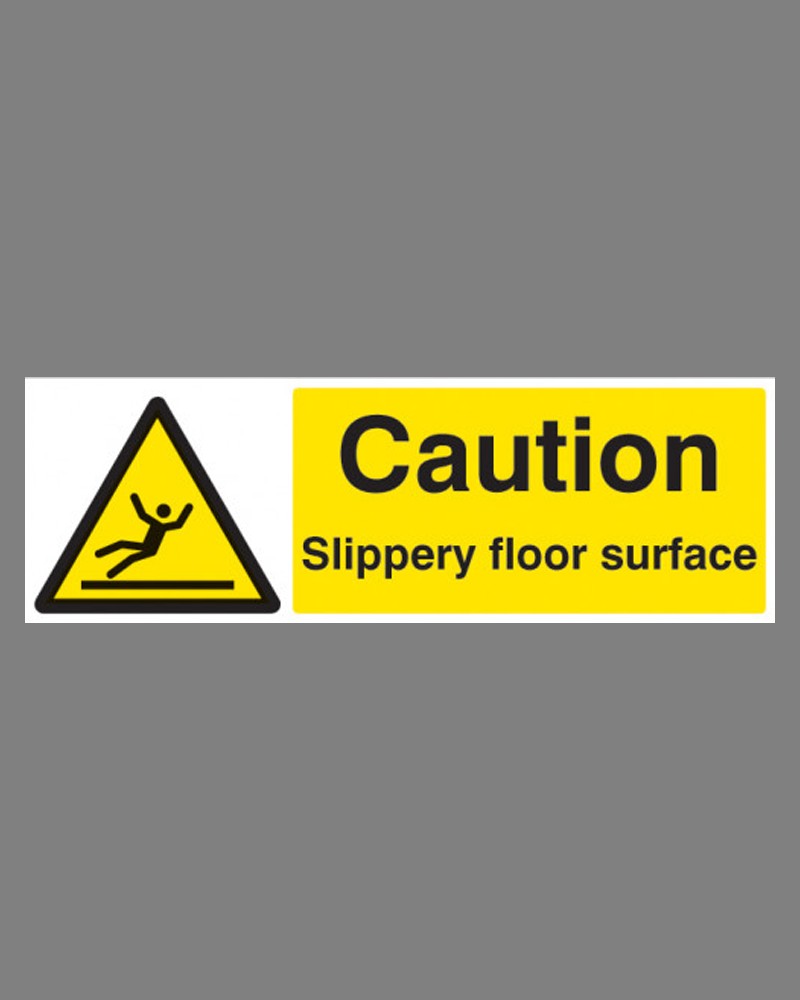







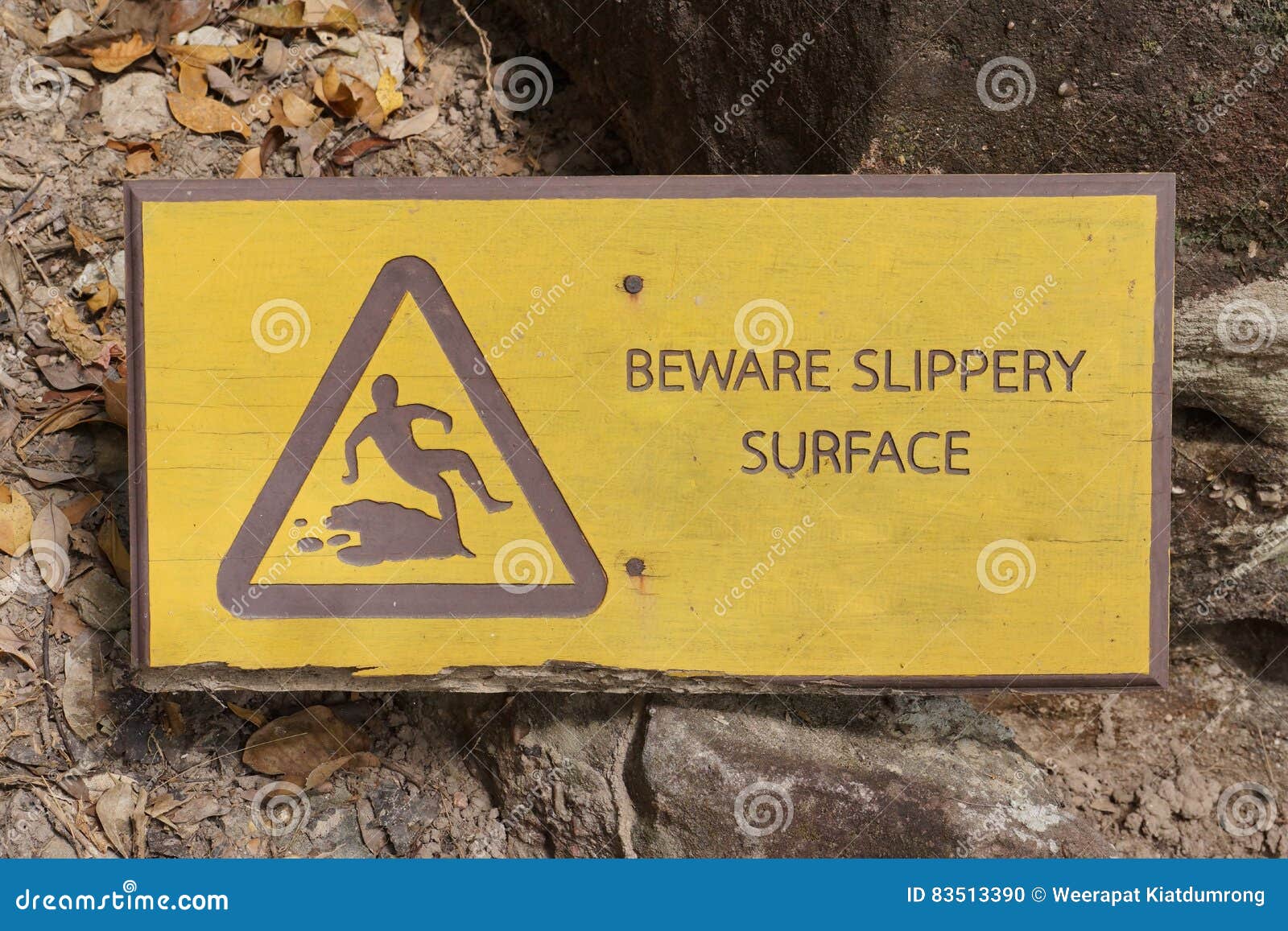


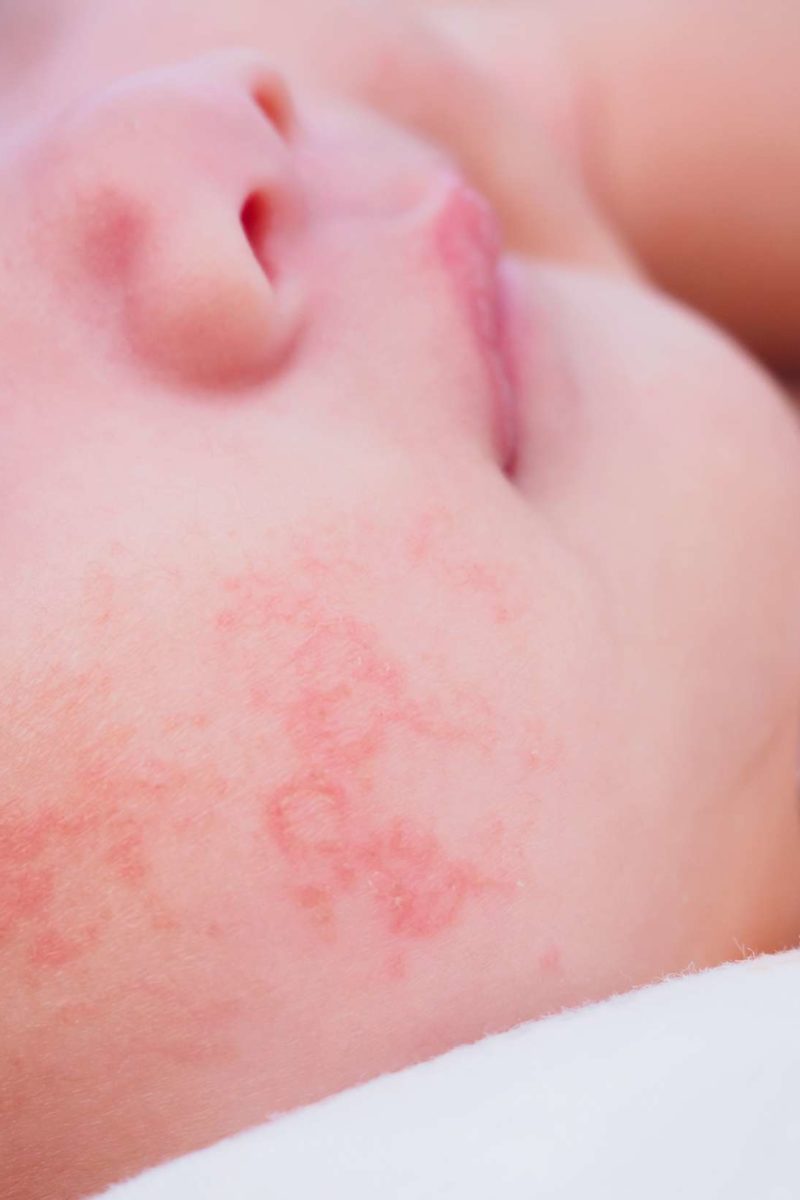
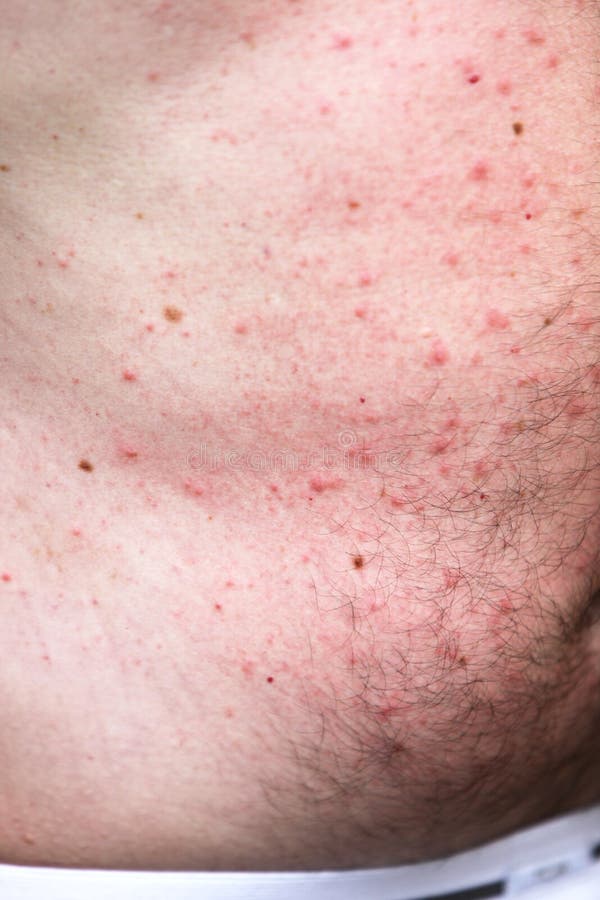
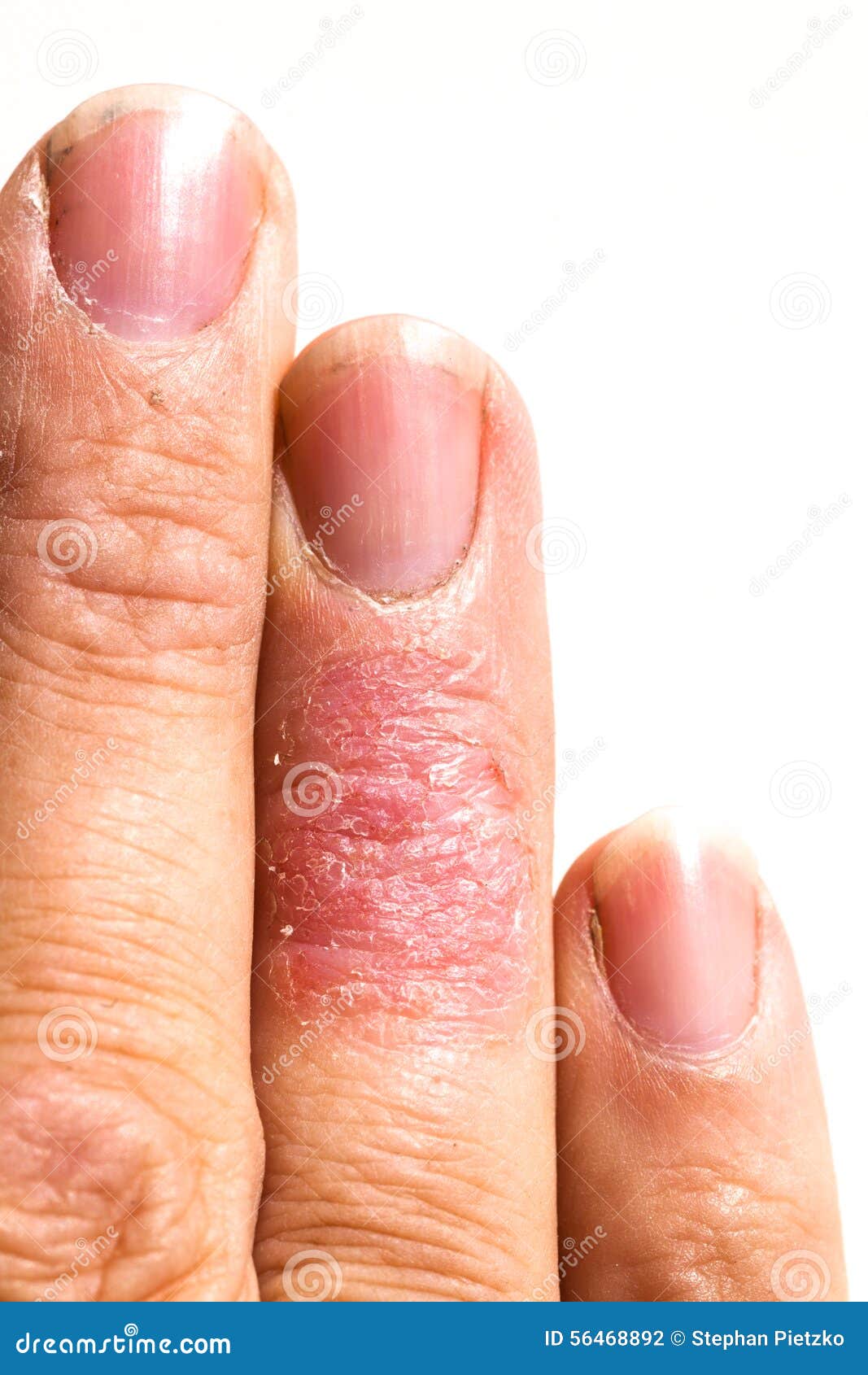


:max_bytes(150000):strip_icc()/Health-Allergies-treatment-symptoms-horiz-edit-4-c786d70d651e4d4db0ee900da50ba471.jpg)

